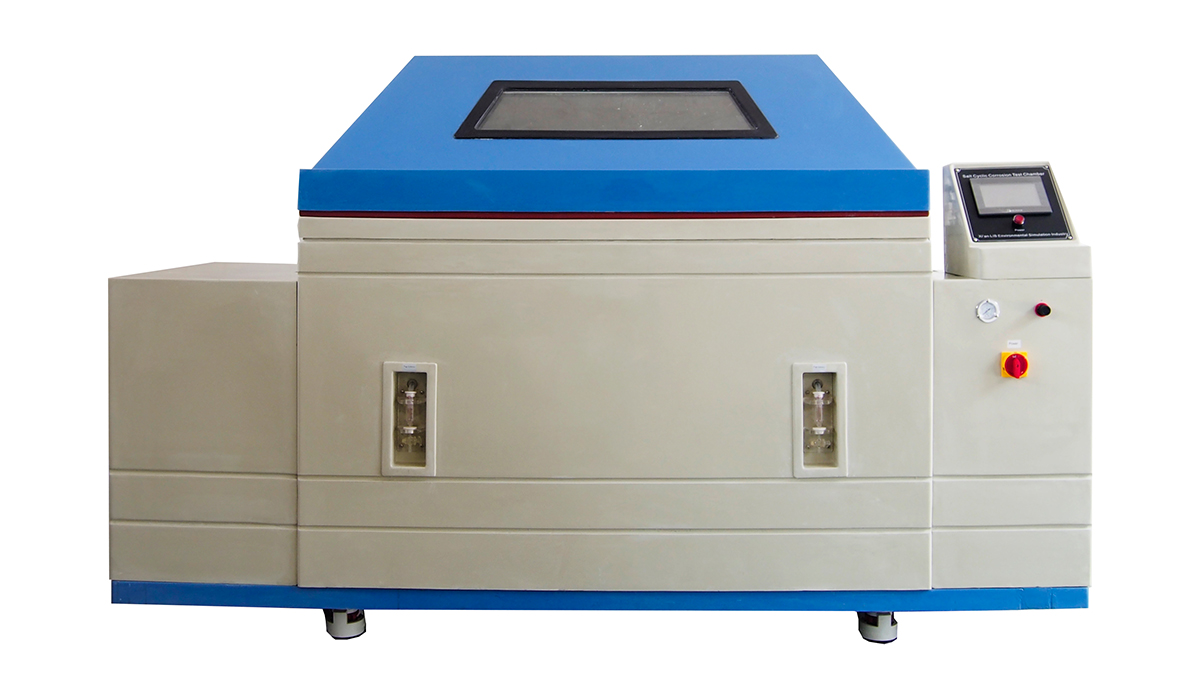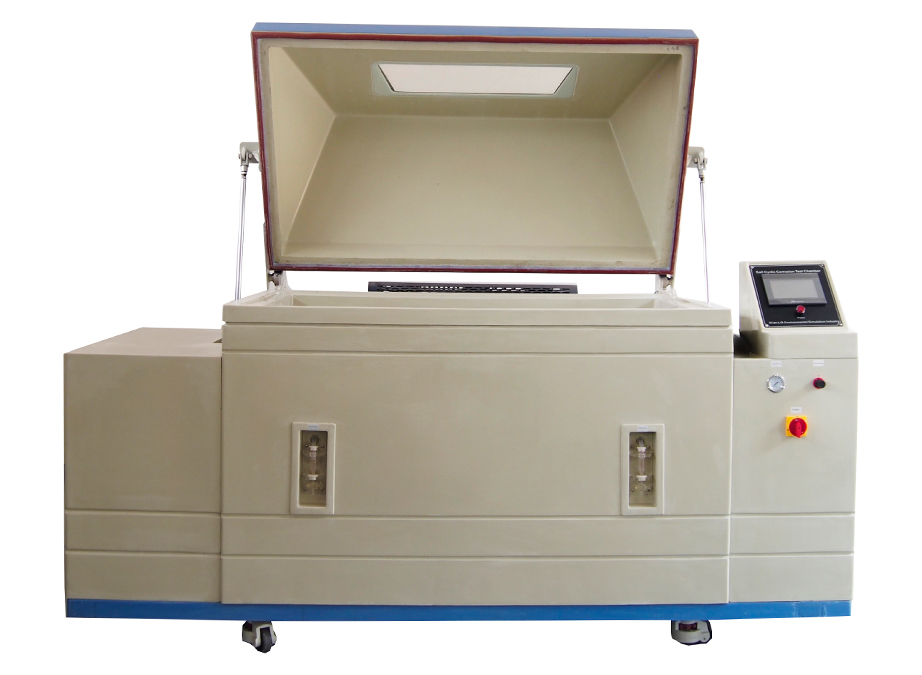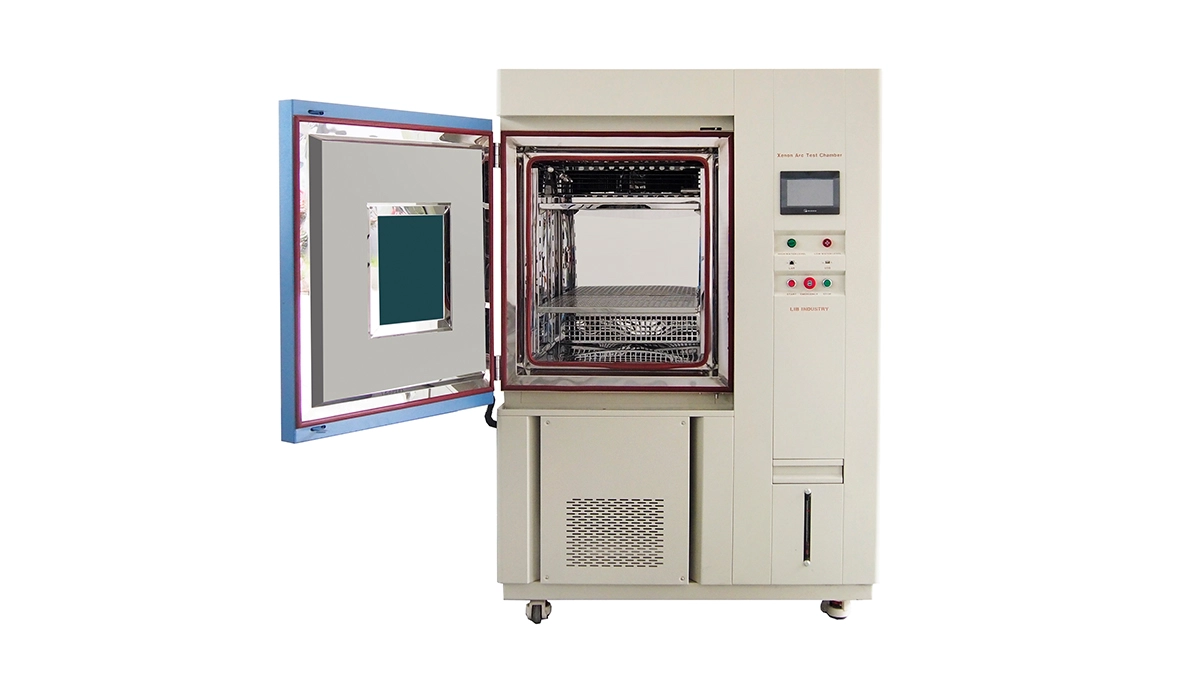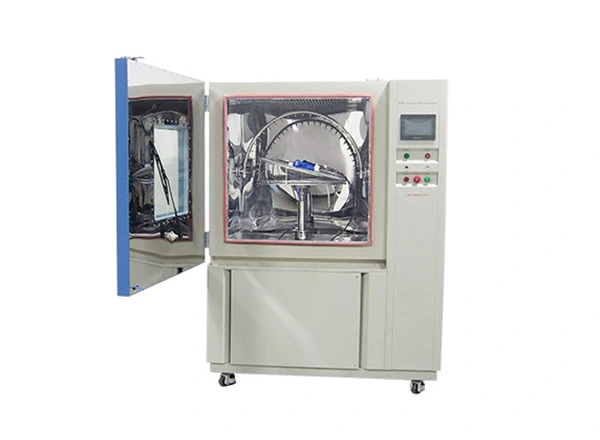

In fields such as materials science, surface treatment technology, and the durability verification of electronic products, the salt spray test chamber plays a crucial role as an indispensable testing device. It simulates marine and salt fog environments to accelerate the evaluation of the corrosion resistance of materials or products, providing strong data support for product development and quality control. So, how does a salt spray test chamber ensure the accuracy and stability of its test results?

1、Precise Temperature and Humidity Control for a Realistic Simulated Environment
The accuracy of salt spray tests largely depends on the precise control of environmental conditions. High-quality salt spray test chambers use advanced temperature control systems and humidity regulation technologies to accurately maintain the temperature and humidity within the chamber within a set range, with minimal error. This high-precision environmental control ensures the consistency of test conditions, thus avoiding deviations in test results due to environmental fluctuations.
2、Stable Salt Spray Generation for Consistent Corrosion
The quality of salt spray generation is directly related to the reliability of test results. Advanced salt spray test chambers utilize precise salt spray generation devices, controlling the concentration, flow rate, and atomization of the saline solution to produce fine, uniform salt spray particles. Coupled with an optimal spray angle and distribution design, these ensure that the surface of the test sample is subjected to uniform and continuous corrosion, improving the accuracy and repeatability of test results.
3、Intelligent Monitoring System for Real-Time Feedback and Adjustments
Modern salt spray test chambers are equipped with intelligent monitoring systems that can monitor and record key parameters such as temperature, humidity, and salt spray concentration in real time. If an anomaly is detected, the system can immediately issue an alert and automatically adjust to the preset state, effectively preventing test interruptions or distorted results caused by human error or equipment malfunctions. Additionally, these intelligent systems support remote control and data transmission, allowing users to track the test progress and results anytime, anywhere.
4、Strict Material Selection and Structural Design
The materials and structure of the salt spray test chamber also affect its performance. High-quality materials with excellent corrosion resistance and stability can withstand long-term exposure to salt spray environments, ensuring the test chamber’s durability. Moreover, a well-designed structure minimizes energy loss and external interference during the test process, enhancing the stability and consistency of the test environment.
5、Regular Calibration and Maintenance to Ensure Test Accuracy
Like any equipment, regular calibration and maintenance are required to keep the salt spray test chamber in optimal condition. By routinely calibrating and maintaining the device, potential issues can be identified and fixed promptly, ensuring the accuracy and stability of test conditions. Additionally, regularly replacing key components and consumables such as nozzles and filters is an important measure to guarantee reliable test results.

 English
English русский
русский français
français العربية
العربية Deutsch
Deutsch Español
Español


